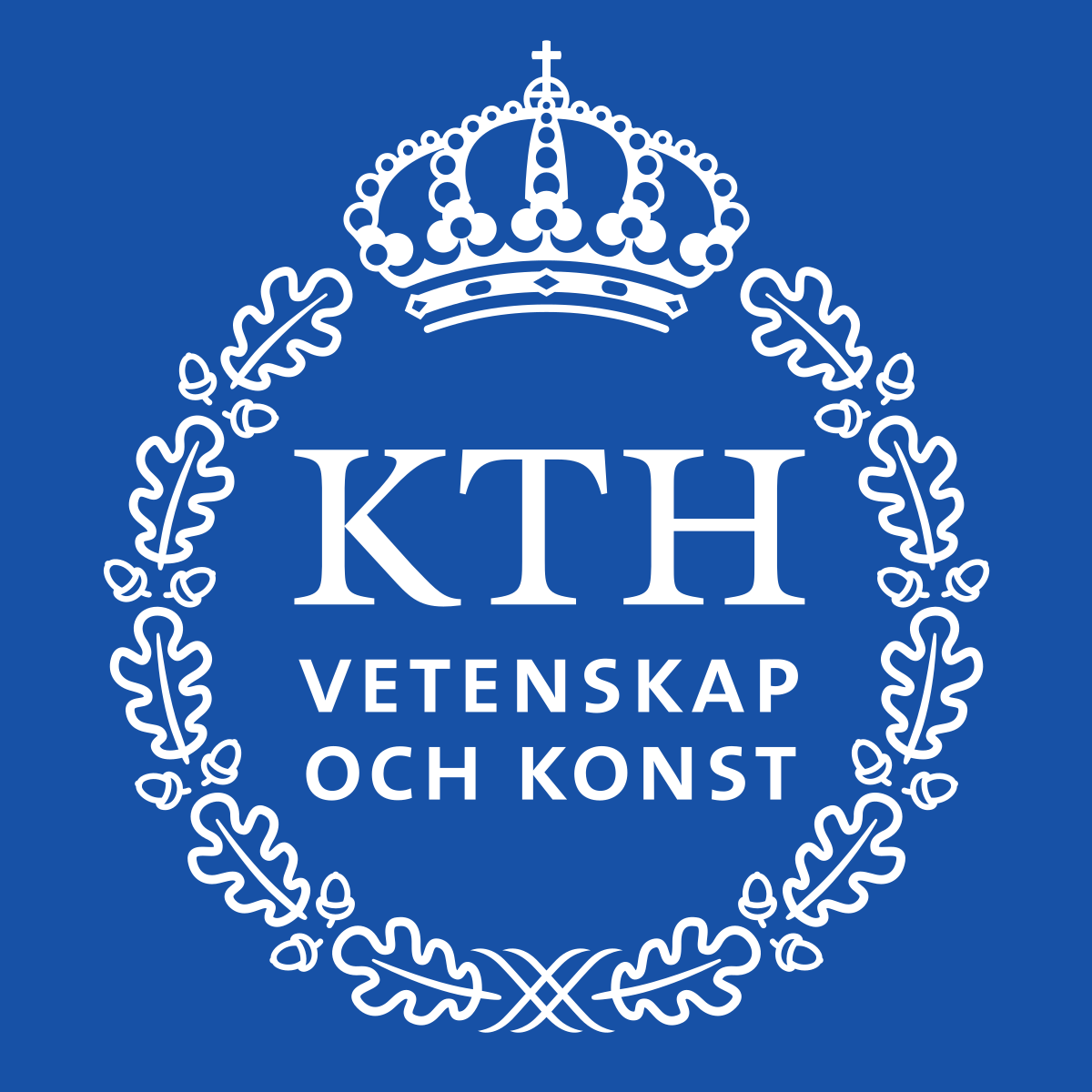Waste to Bioplastics: How Close Are We to Sustainable PHA Production?
The study examines the current state of polyhydroxyalkanoates (PHAs), a biodegradable and sustainable alternative to petroleum-based plastics.
PHAs, produced by microorganisms using carbon sources, offer advantages such as biodegradability, biocompatibility, and a broad range of applications, including packaging, agriculture, and biofuels. However, high production costs, inefficient conversion rates, and inconsistent polymer properties pose challenges to large-scale commercialization.
A key focus is on utilizing waste streams—such as agricultural byproducts, industrial wastewater, and food waste—as cost-effective carbon sources for PHA production. Mixed microbial cultures (MMCs) are particularly promising due to their ability to process diverse substrates at lower operational costs. However, their inconsistent polymer properties remain a drawback. Metabolic engineering and bioaugmentation techniques show the potential to enhance microbial efficiency and improve polymer consistency. Strategies such as optimizing metabolic pathways, gene editing, and integrating waste stream processing with existing industrial systems are highlighted as viable solutions.
The study also addresses the high costs of downstream processing, which account for nearly 30% of production expenses. Emerging methods, such as enzymatic digestion, solvent-free extraction, and biological recovery through insects or bacteria, are discussed as sustainable alternatives to traditional chemical-based extraction processes. Innovations like extracellular polymer secretion and the use of environmentally friendly solvents are proposed to reduce environmental impact and improve efficiency.
Overall, the study concludes that achieving commercial-scale PHA production requires a combination of cost reduction, improved process efficiency, and consistent product quality. Integrating waste streams, adopting advanced metabolic engineering, and refining extraction methods could make PHAs a viable competitor to traditional plastics and contribute to a circular economy.


